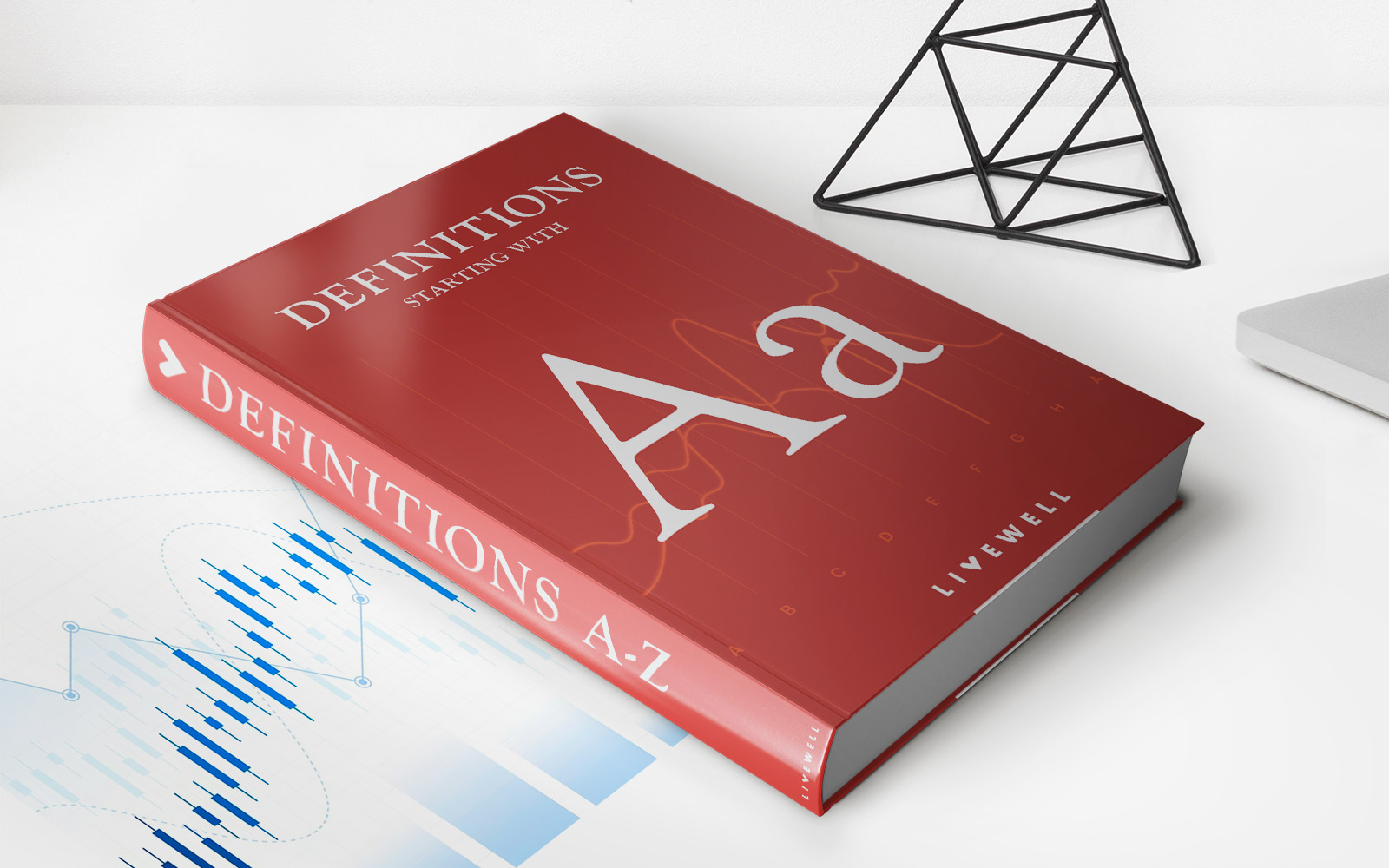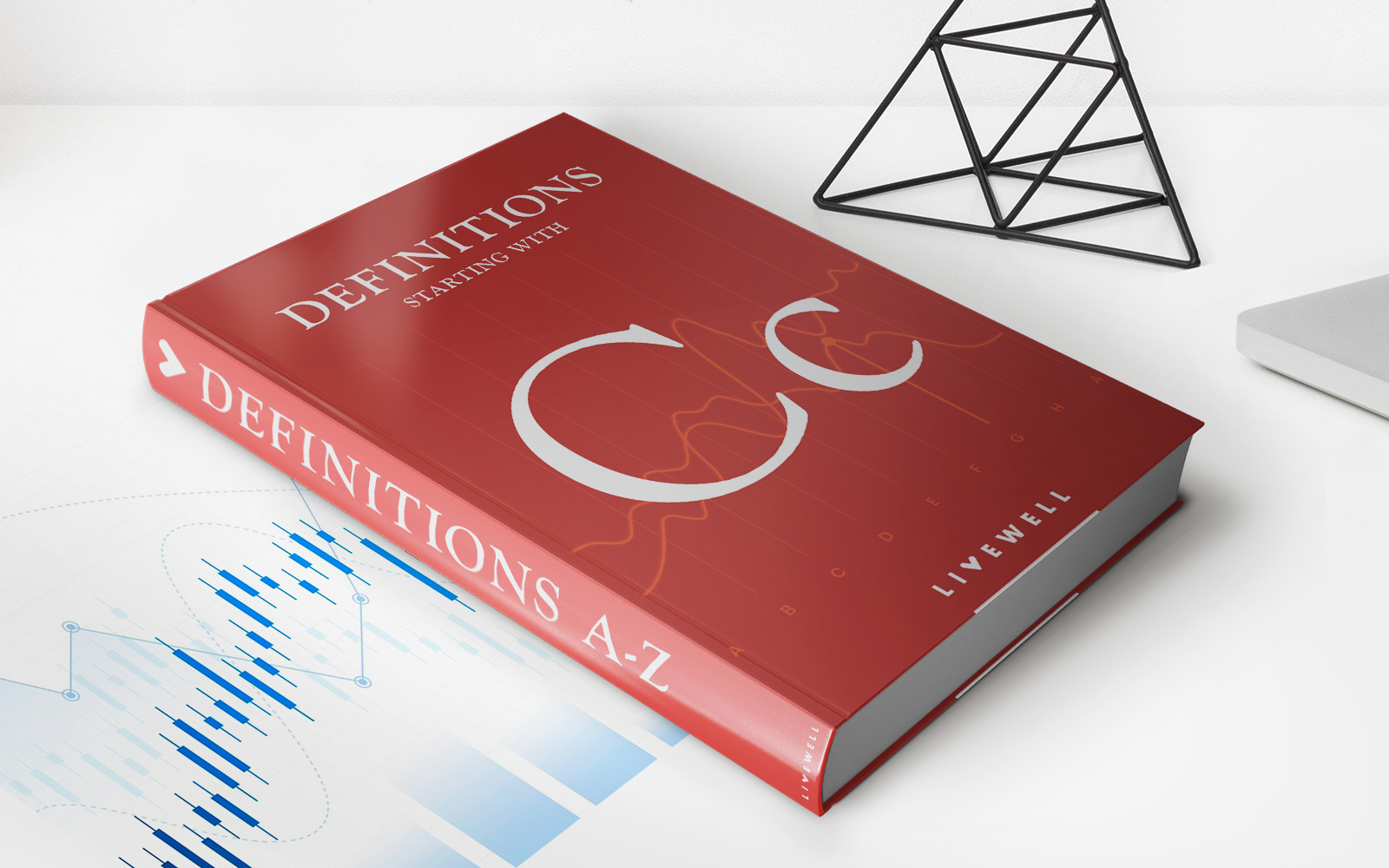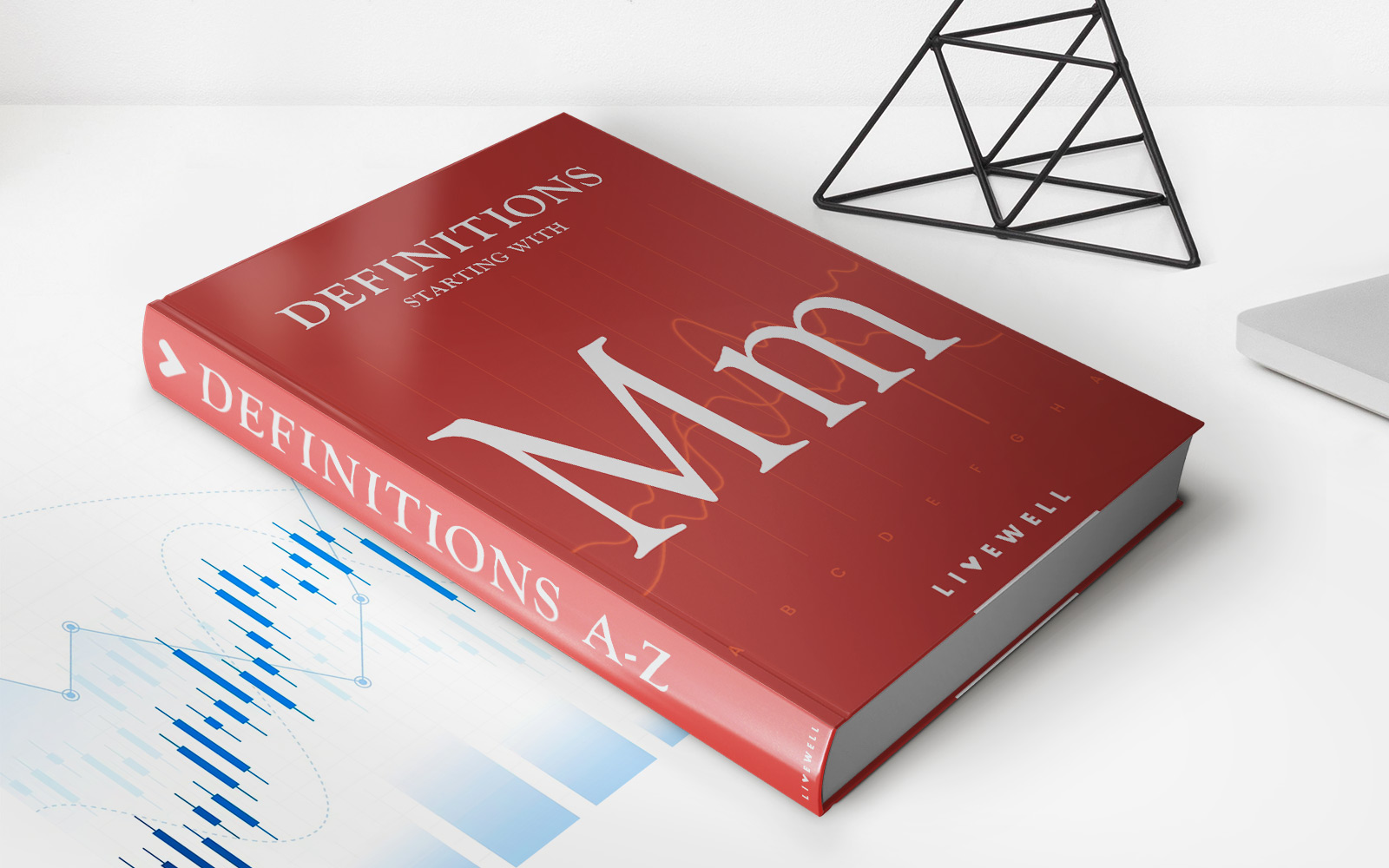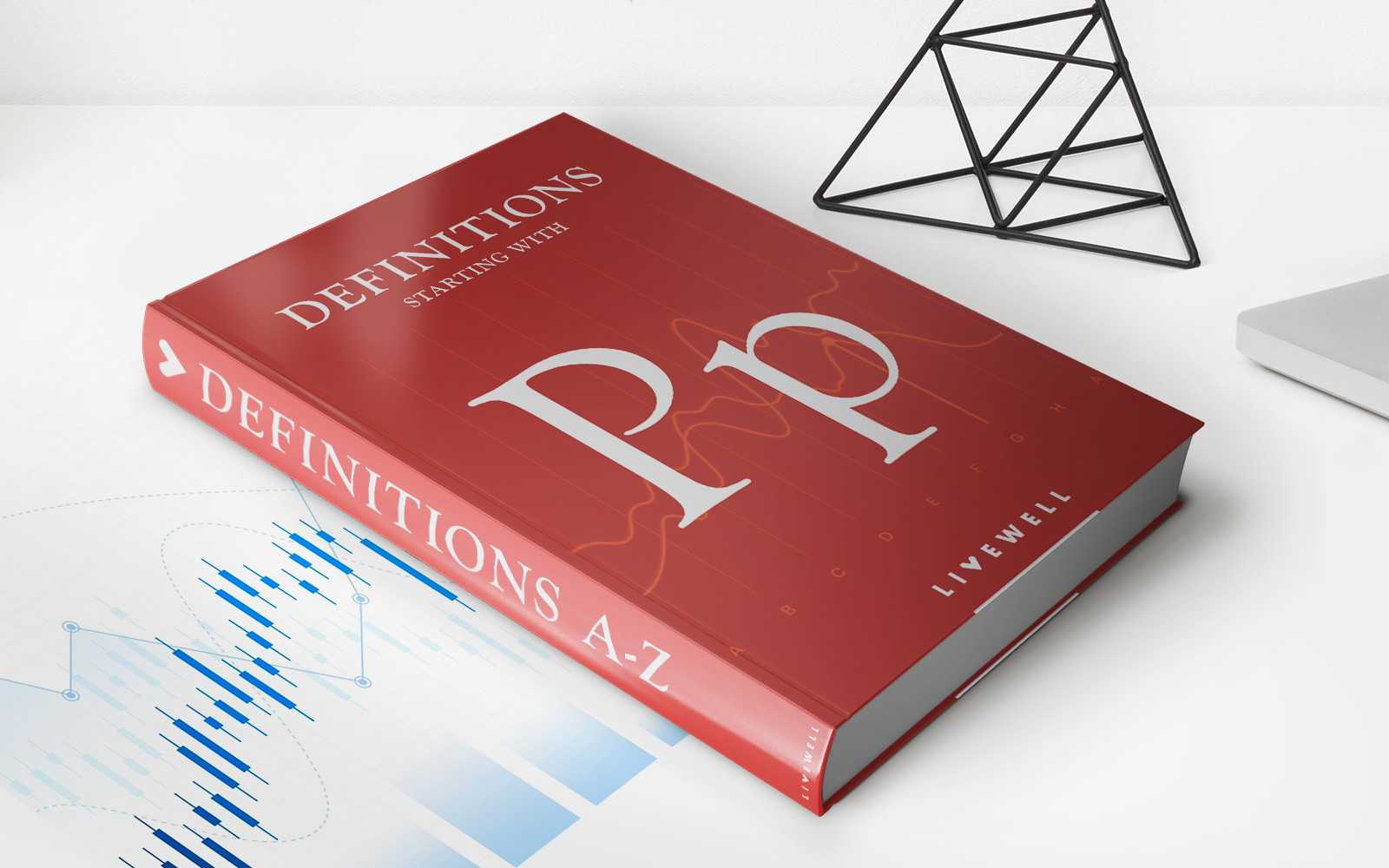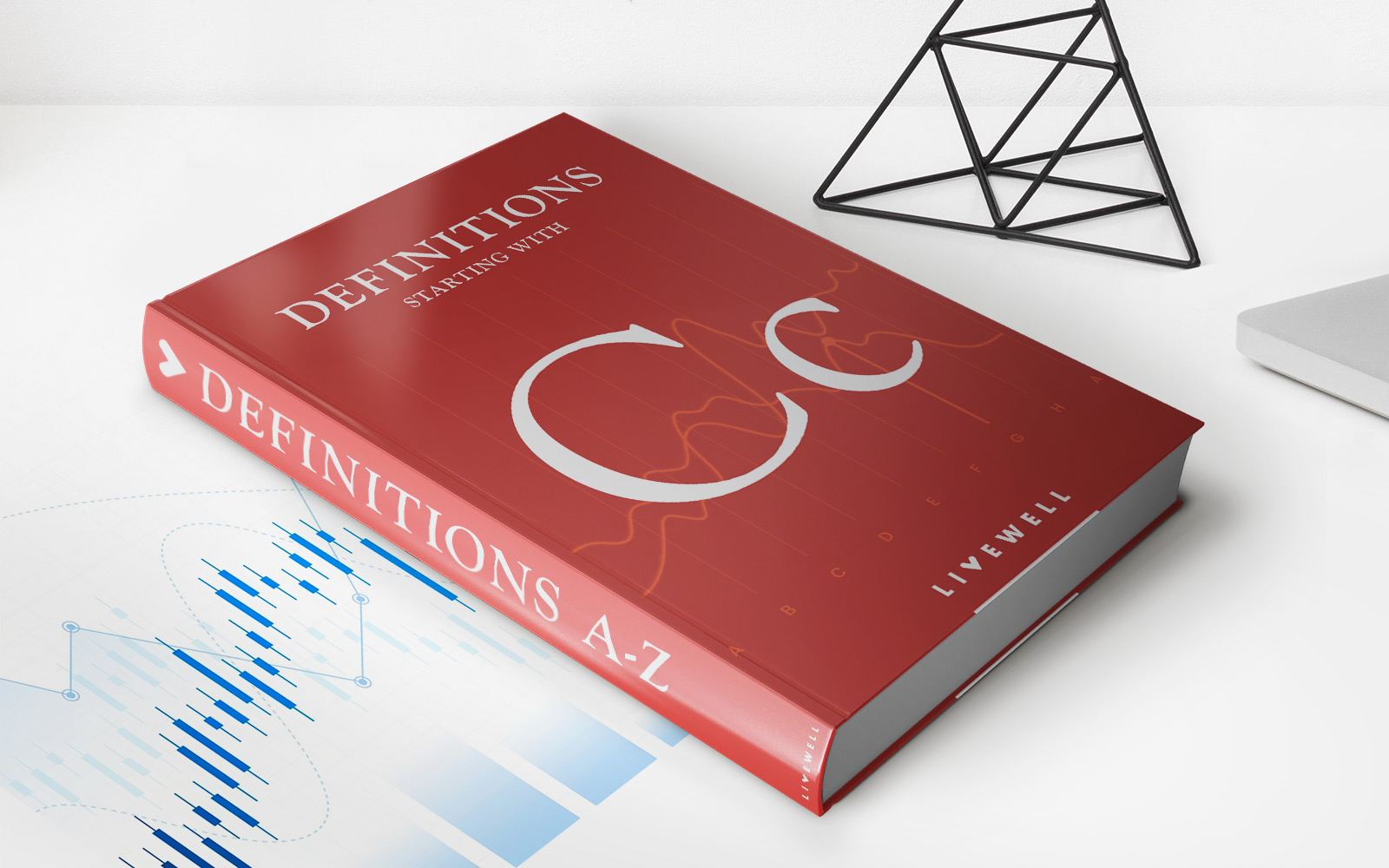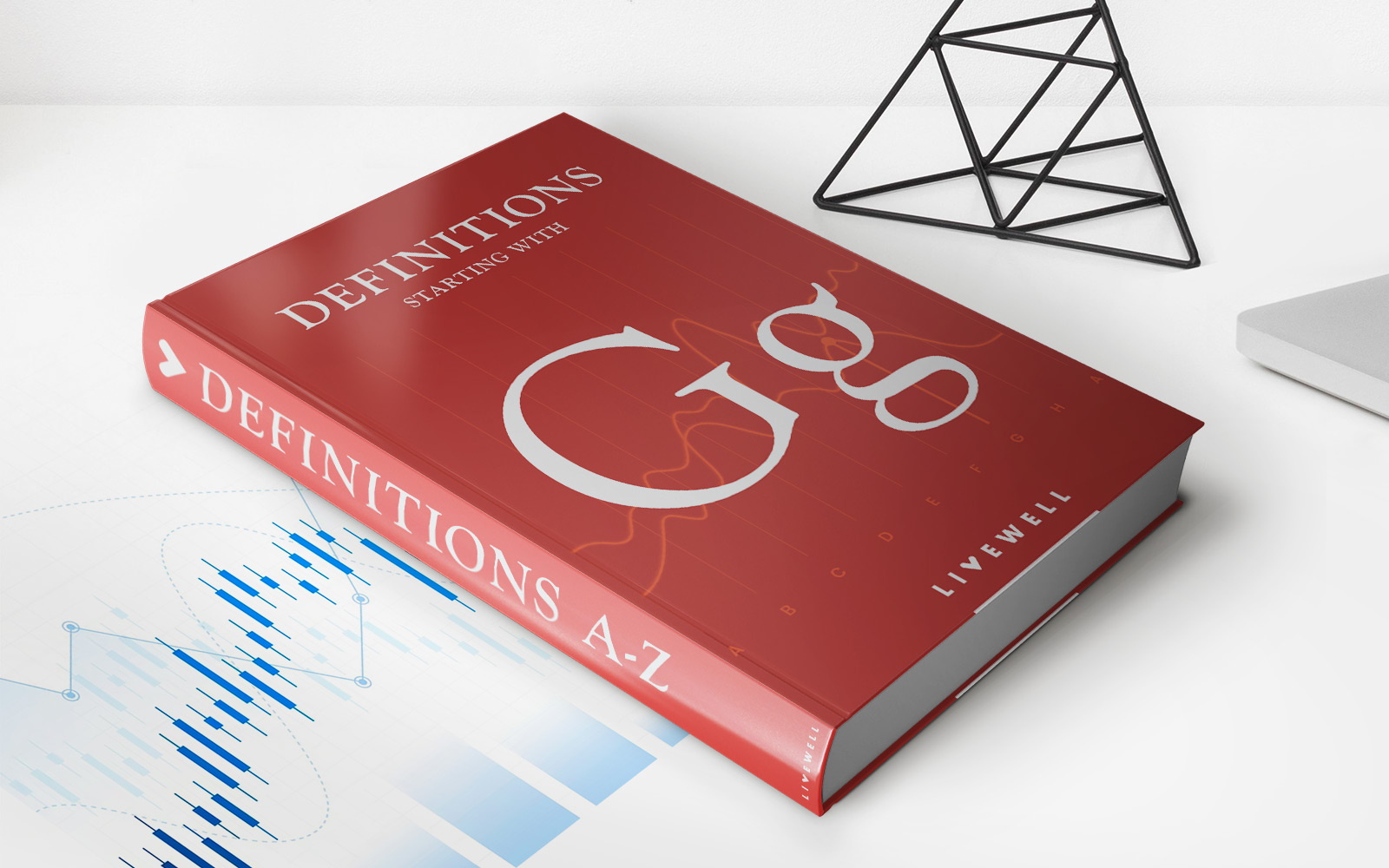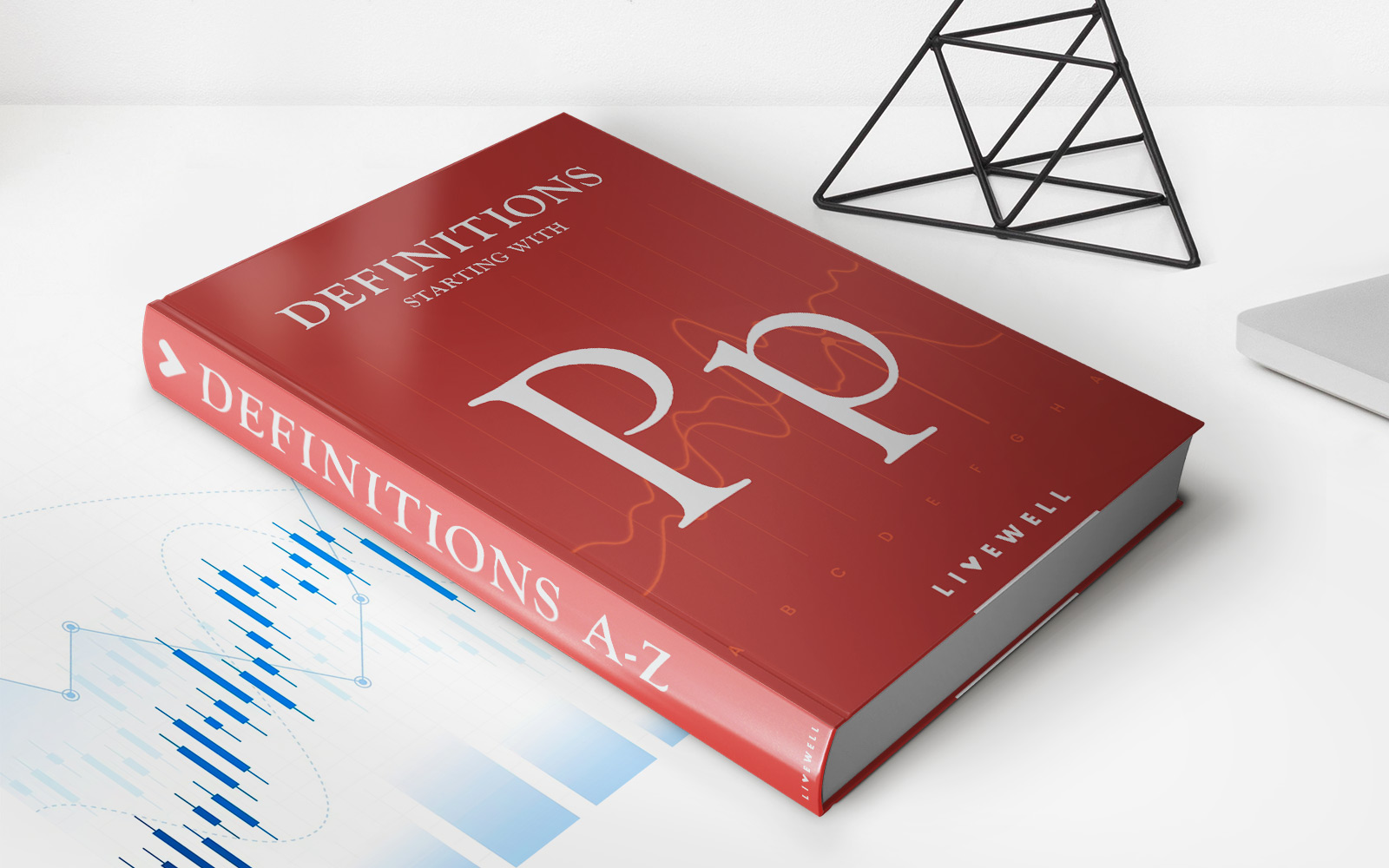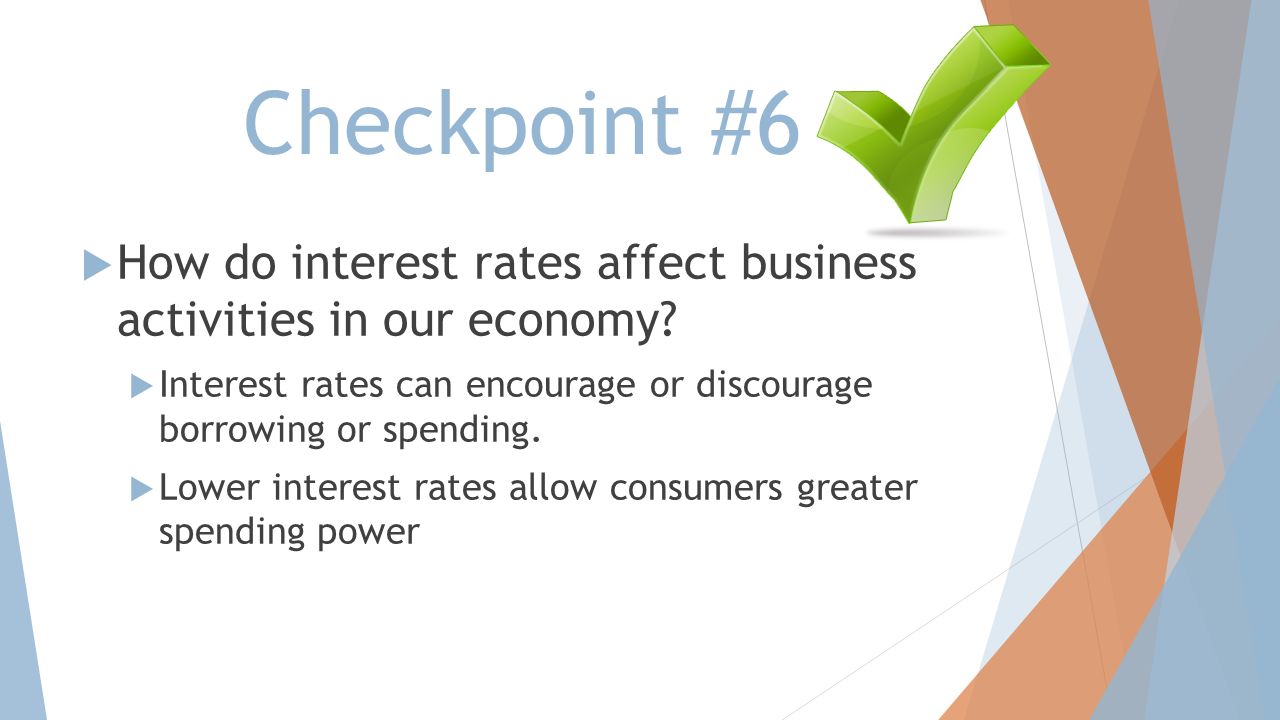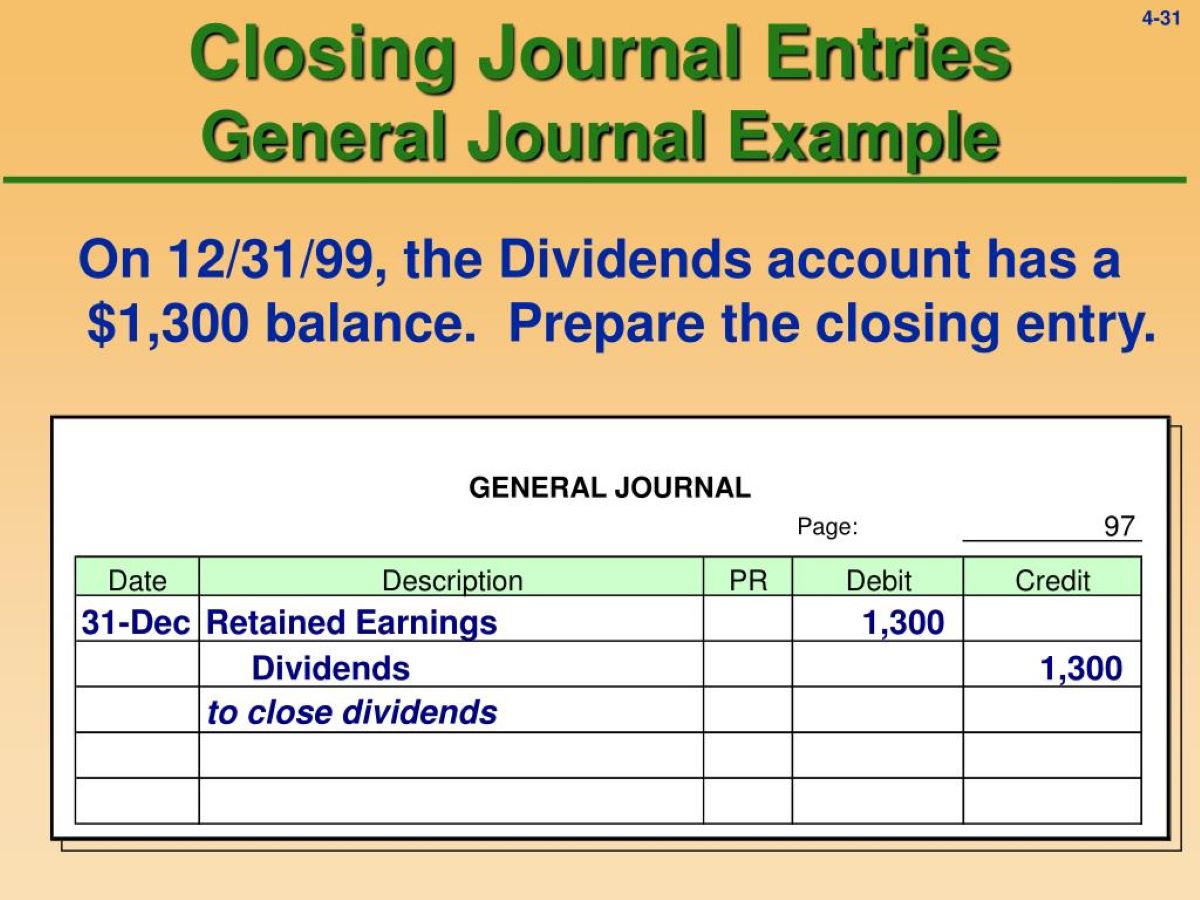Home>Finance>Mass Customization: Definition, 4 Main Types, Benefits, Examples
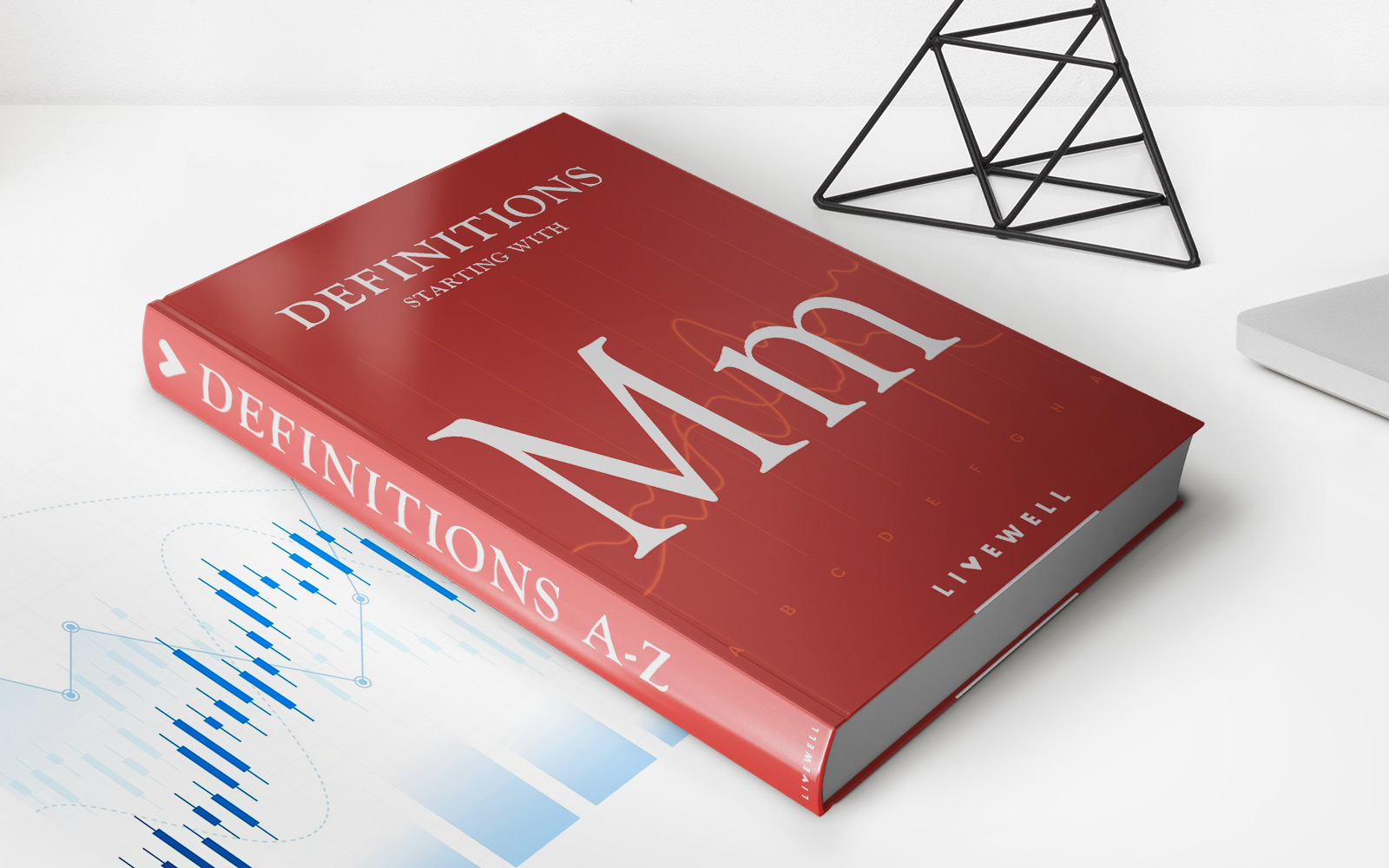

Finance
Mass Customization: Definition, 4 Main Types, Benefits, Examples
Published: December 23, 2023
Discover the power of mass customization in finance. Learn the definition, explore the 4 main types, and uncover the benefits with real-world examples.
(Many of the links in this article redirect to a specific reviewed product. Your purchase of these products through affiliate links helps to generate commission for LiveWell, at no extra cost. Learn more)
Mass Customization: Definition, 4 Main Types, Benefits, Examples
Are you tired of choosing between mass-produced products that don’t quite meet your needs and expensive custom-made options? Mass customization might just be the solution you’ve been looking for. In this blog post, we’ll explore the concept of mass customization, its four main types, the benefits it offers, and provide some real-world examples. So, let’s dive in!
Key Takeaways:
- Mass customization combines the benefits of mass production and customization, allowing consumers to personalize products on a large scale.
- The four main types of mass customization are collaborative customization, adaptive customization, cosmetic customization, and transparent customization.
What is Mass Customization?
Mass customization refers to the ability to produce and deliver goods and services that are tailored to individual customer’s unique requirements while still achieving the efficiency and economies of scale characteristic of mass production. It strikes a balance between the benefits of standardization and personalization, allowing customers to have a say in the design, features, and other aspects of the product.
This concept is made possible by advancements in technology, particularly in the field of manufacturing, where digital tools and computer-aided design and manufacturing play a crucial role in enabling customization on a larger scale.
The Four Main Types of Mass Customization
- Collaborative Customization: In this type, customers actively participate in the design and production process. Companies provide interactive online platforms or tools that allow customers to customize various aspects of the product, such as color, materials, and features.
- Adaptive Customization: With adaptive customization, companies offer a range of pre-defined options from which customers can choose. These options are carefully designed to meet different needs and preferences, ensuring a personalized experience.
- Cosmetic Customization: Cosmetic customization involves allowing customers to personalize the appearance of a product without affecting its functionality. Examples include engraving a name on a phone case or choosing a custom color for a car.
- Transparent Customization: In this type, customers have the ability to configure and customize products behind the scenes. Companies use data and algorithms to derive insights into customers’ preferences and automatically tailor the product accordingly.
The Benefits of Mass Customization
Now that we understand what mass customization is and its main types, let’s explore the benefits it brings:
- Higher Customer Satisfaction: Mass customization allows customers to get products that meet their specific needs, resulting in higher satisfaction levels and increased loyalty.
- Market Differentiation: By offering personalized products, companies can stand out from their competitors, attracting customers who value unique and tailored experiences.
- Reduced Inventory Costs: Traditional mass production often leads to excess inventory. Mass customization helps minimize this issue by producing goods only when an order is placed, reducing storage and inventory costs.
- Improved Operational Efficiency: While customization requires more flexibility, advancements in digital technologies enable greater automation and streamlined processes, resulting in improved operational efficiency.
Real-World Examples
Several companies have successfully embraced mass customization. Some notable examples include:
- Nike: The sportswear giant Nike allows customers to design their own personalized shoes using their Nike By You platform. Customers can select colors, materials, and even add custom text to create unique footwear.
- Threadless: Threadless is an online retailer that specializes in custom-designed t-shirts. Artists submit their unique designs, and customers can vote on which designs they like. The winning designs are produced and made available for purchase.
- Bombay Shirt Company: Bombay Shirt Company is a clothing brand that offers made-to-measure shirts. Customers can choose from a wide range of fabric options, collar styles, cuffs, and add personalized monograms.
These examples demonstrate how companies are leveraging mass customization to provide personalized products and experiences that resonate with their customers.
In conclusion, mass customization offers the best of both worlds, combining efficiency and personalization. As technology continues to advance, we can expect to see more companies adopting this approach and delivering tailored experiences to consumers on a larger scale.
So, the next time you’re looking for a product that perfectly suits your needs, consider exploring the world of mass customization where you can have it all – a personalized touch without compromising on efficiency!
